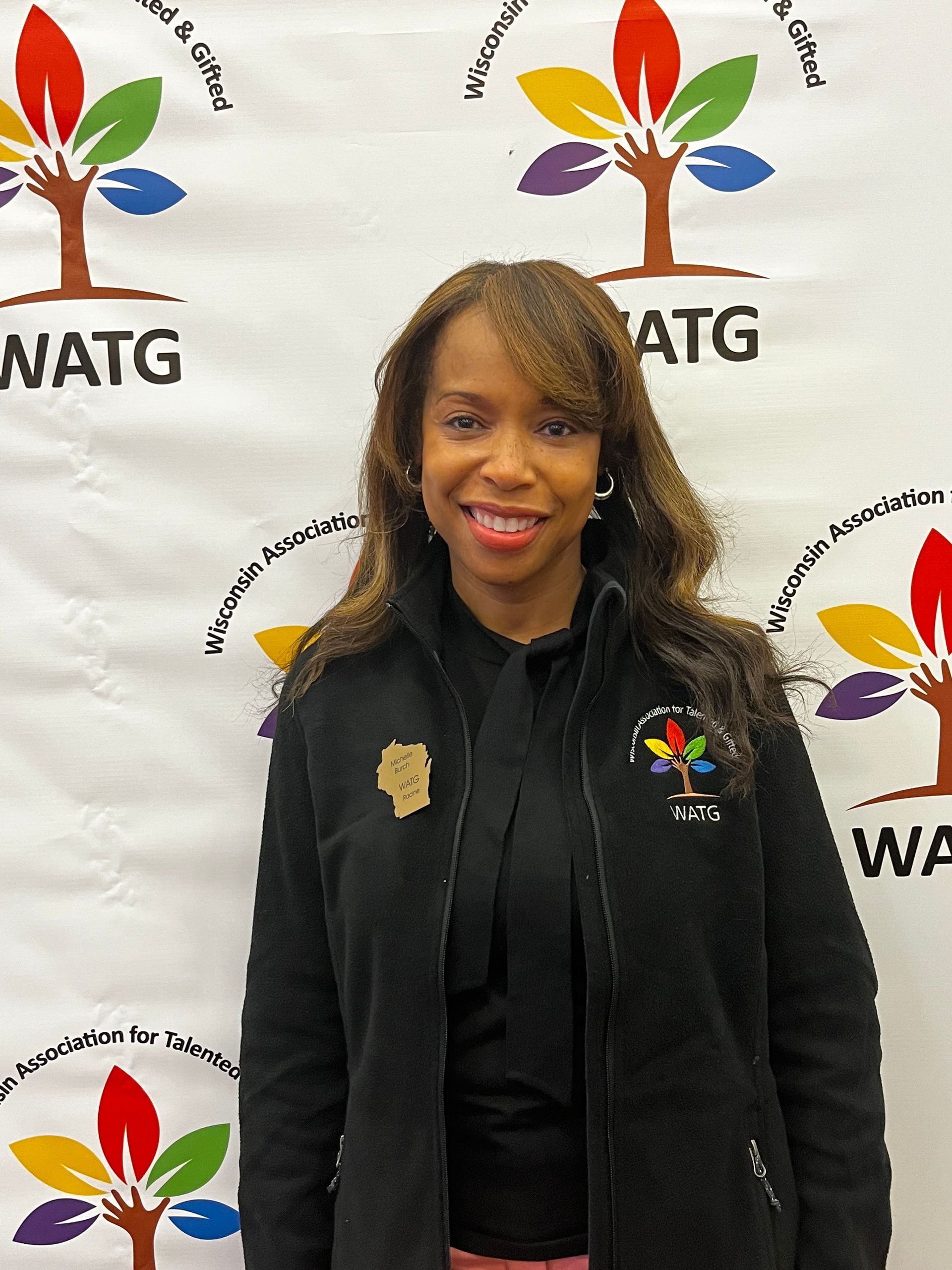The Hidden Struggles of Gifted Learners: How Pressure Can Impact Their Social-Emotional Well-Being
Gifted students often excel in intelligence and talent, but the pressure to perform can take a toll on their social-emotional wellbeing. When pushed too early or too much, their emotional needs may be overlooked, leading to stress, anxiety, or depression. However, there are strategies to help these learners thrive emotionally while continuing to excel academically.
Understanding the Social-Emotional Needs of Gifted Learners
Gifted learners are intellectually advanced, but their emotional development often doesn’t always keep pace with their cognitive abilities. This asynchronous development, a gap between their intellectual, physical, and emotional maturity, can make navigating the challenges of growing up particularly difficult. Gifted students often experience heightened sensitivity, social isolation, and intense perfectionism, which can lead to stress, anxiety, or depression if left unaddressed. Research published in Gifted Child Quarterly reveals that gifted students are particularly vulnerable to unhealthy perfectionism. They often set unrealistically high standards for themselves, leading to frustration when they fall short of their own expectations.
To address these challenges, educators must foster social-emotional learning (SEL) and self-regulation. A crucial aspect of SEL is metacognition, which helps students reflect on their thinking and learning processes. By teaching students to evaluate their progress and identify emotional triggers, they can develop greater self-awareness, better emotional control, and motivation.
Metacognition: Empowering Gifted Learners to Manage Their Emotions and Learning
Metacognitive strategies, such as reflecting on their thoughts and feelings, help students gain control over both their learning and emotional responses. By teaching gifted learners to track their understanding and manage frustration, educators can empower them to handle challenges with resilience and make thoughtful, deliberate decisions.
For example, students might be encouraged to reflect on questions like:
- How do I think about my own thoughts and feelings?
- What strategies help me stay calm when things don't go as planned?
By cultivating these reflective habits, gifted students can better understand the root causes of their stress or identify triggers, and develop strategies for managing their emotions in productive ways. Additionally, metacognitive practices also support decision-making. When gifted students are able to analyze their thought processes, they become better equipped to make thoughtful, deliberate choices, whether it's in their academic work, friendships, or personal life.
Practical Strategies for Educators
So what can we do as educators to help nurture and grow our gifted students' social-emotional wellbeing? Here are some strategies that teachers should consider to give students the support they need:
- Provide challenging and differentiated learning opportunities: Gifted students thrive when they are intellectually challenged. Providing rigorous coursework or opportunities for independent study can help them stay engaged and avoid feelings of boredom or frustration.
- Encourage a growth mindset: Instead of focusing on results, emphasize the importance of effort and perseverance. Model positive self-talk and resilience to help students navigate setbacks and develop a healthy relationship with failure.
- Foster a supportive social environment: Create opportunities for gifted students to interact with peers who share similar intellectual interests. Encourage mentorships and peer group projects that allow students to connect meaningfully with others.
- Teach emotional regulation and self-reflection: Help students develop metacognitive skills to become more aware of their emotional responses and thought patterns. Encourage mindfulness, social role-playing, and reflective journaling to enhance their self-regulation skills.
- Offer emotional support and resources: For students experiencing significant stress, anxiety, or perfectionism, consider offering access to counseling services or mindfulness programs. These resources can provide additional support and help students develop coping strategies.
- Setting positive personal best goals: Teachers can help students set realistic, achievable goals that emphasize personal growth rather than perfection. This reduces pressure and encourages perseverance.
While gifted learners are often celebrated for their academic potential, their social-emotional needs are just as crucial to their long-term success. By recognizing the unique challenges they face such as perfectionism, social isolation, and emotional intensity, educators can offer targeted support that promotes both intellectual and emotional growth. By emphasizing metacognition, self-regulation, and peer connection, we can help gifted students navigate the complexities of their abilities and thrive in all aspects of life.
By Nikki Radcliffe, WATG Board Member













